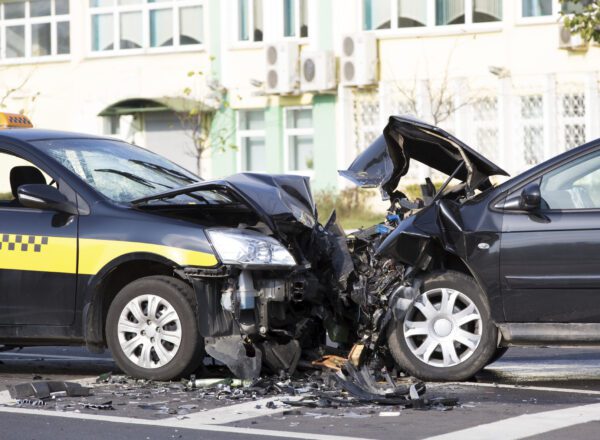
A team of researchers from the University of Houston and the Texas A&M Transportation Institute compared three common types of driving distractions, finding a sixth sense protects distracted drivers, but not while texting.
The study used 59 volunteers who each drove the same stretch of highway four times under varying conditions:
- in a normal state;
- while distracted by challenging questions;
- while being asked emotionally charged questions; and
- while texting.
The order of the drives was randomly selected to avoid a bias and the researchers found that with each type of distraction, volunteers responded with jittery steering. However, in the cases of emotionally-charged driving and cognitively engaged driving, the drivers followed a straighter path than even normal, safe driving. When texting, on the other hand, the drivers’ jittery steering led them to stray into other lanes.
Brain compensates for distraction when eyes stay on road
The researchers theorize that when faced with the distractions, the brain reacts on a “fight or flight” response, leading to the jittery handling of the wheel. This function involves activity in the part of the brain called the anterior cingulate cortex (ACC). The scientists believe that as the ACC kicks into action, it counterbalances strong jitters with counter-jitters in the opposite direction, resulting in straight driving.
In the case of texting, however, the participants did not correct the jittery steering and instead deviated from their lanes. When the ACC corrects the jitters with counterbalancing action, it is relying on the driver’s eye-hand coordination. Texting, however, takes the driver’s eyes from the road and interrupts the counterbalancing effect. The uncorrected steering deviations are extremely dangerous and put the driver, and those sharing the road, at risk of an accident.
Texting keeps drivers’ eyes off road
The researchers explain that what is essentially a sixth sense protects the driver from straying into another lane but texting interrupts that sense. Other studies have shown that when a driver is texting, his eyes are off the road for five seconds; at freeway speeds, they cover the length of an entire football field while essentially blindfolded. This is a perilously long distance to travel without looking and without the benefit of the brain’s automatic correction function.
The problem of distracted driving is likely to grow in coming years. More than three quarters of drivers already own a smartphone and the newest drivers have grown up with them. As a result, teens have frighteningly casual attitudes about distracted driving; 20% do not believe texting while driving is dangerous and more than 40% confessed to reading or sending email while behind the wheel.
Liability in distracted driving lawsuits
Drivers have a responsibility to operate their vehicles safely and avoid harm to others on the road. In Maine, state laws also require that they not drive distracted. When someone injures another while violating this type of safety law, the victim may be entitled to compensation.
If you or a loved one have been the victim of a distracted driver, you may be entitled to compensation. The Maine personal injury lawyers at Hardy, Wolf & Downing are experts in negligence claims and represent injury victims throughout Portland, Lewiston, Auburn and Bangor. For a free legal consultation, call 1-800-INJURED.

